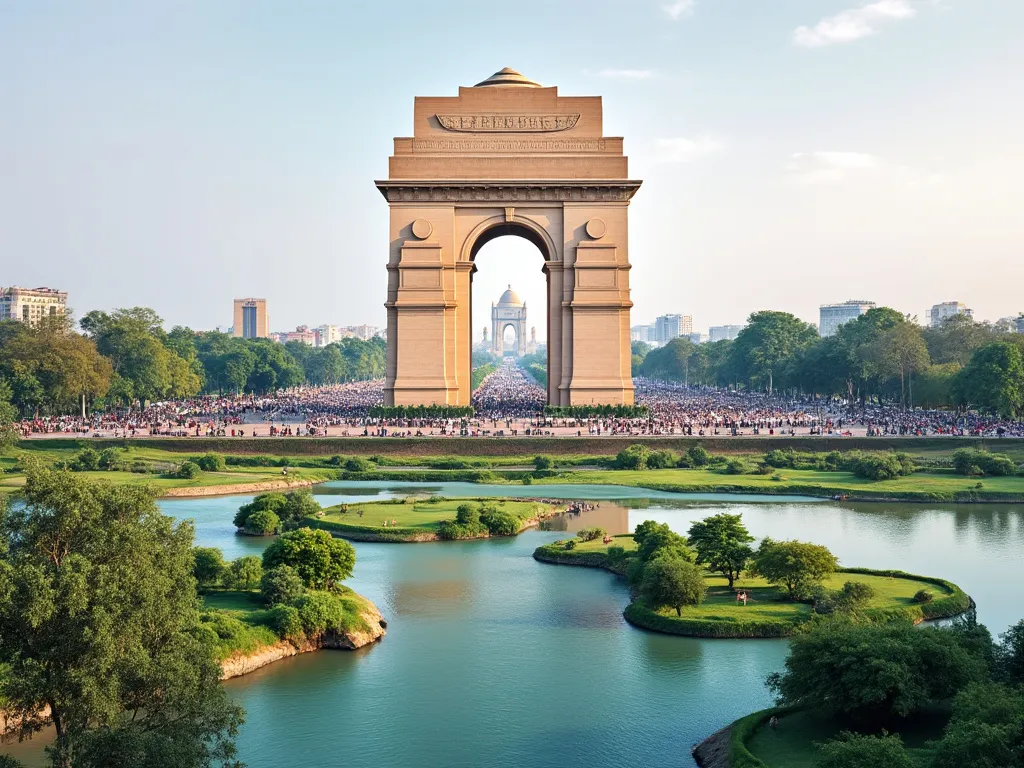
New Delhi, the capital of India, is a city that seamlessly blends tradition and modernity. From its rich history to its vibrant culture, New Delhi is a city that has something to offer for every kind of traveler.
New Delhi information
| Country | 🇮🇳 India |
| Population | 29,280,000 |
| Coordinates | 28.7041° N, 77.1025° E |
| Area | 1,484 km² |
| Climate | Humid subtropical climate |
| Language | Hindi, English, Punjabi, Urdu |
| Currency | Indian Rupee (INR) |
| Time zone | Indian Standard Time (UTC+5:30) |
| Proximity to other major cities | Agra (230 km), Jaipur (280 km), Chandigarh (260 km) |
Interesting facts about New Delhi
- New Delhi is home to the largest Hindu temple complex in the world, the Akshardham Temple.
- The city has over 20,000 street food vendors, serving a wide variety of cuisines.
- New Delhi is home to the oldest mosque in India, the Quwwat-ul-Islam Mosque.
- The city has a vibrant nightlife scene, with many bars, clubs, and lounges.
Tourist attractions in New Delhi
- Red Fort: A historic fort that was built by the Mughal Empire in the 17th century.
- Qutub Minar: A UNESCO World Heritage Site and one of the tallest minarets in the world.
- India Gate: A war memorial that was built to honor the soldiers who died in World War I.
- National Museum: A museum that showcases the art, history, and culture of India.
Historical background of New Delhi
New Delhi has a long and storied history that dates back to the 6th century BC. The city has been ruled by various empires and dynasties, including the Tomara Rajputs, the Chauhans, and the Mughals. The city's strategic location made it an important center of trade and commerce, and it was often fought over by various rulers. In 1911, the British Empire decided to shift the capital of India from Calcutta to New Delhi, and the city was formally inaugurated as the capital in 1931.
Geographical location of New Delhi
New Delhi is located in the northern part of India, on the banks of the Yamuna River. The city is situated in the Delhi-National Capital Region (NCR), which is one of the largest metropolitan areas in the world. The city's terrain is characterized by flat plains, with some hills and ridges. The city's climate is humid subtropical, with hot summers and mild winters.
Cultural significance of New Delhi
New Delhi is a city that is steeped in culture and tradition. The city is home to many historical landmarks, including the Red Fort, the Qutub Minar, and the India Gate. The city is also home to many museums, galleries, and cultural institutions, including the National Museum, the National Gallery of Modern Art, and the India Habitat Centre. The city's cultural scene is vibrant and diverse, with many festivals and events taking place throughout the year.
Economic importance of New Delhi
New Delhi is one of the fastest-growing cities in the world, and it is a major economic hub. The city is home to many industries, including IT, finance, and manufacturing. The city is also a major center of trade and commerce, with many markets and shopping centers. The city's GDP is estimated to be over $200 billion, making it one of the largest economies in the world.
Conclusion on New Delhi
In conclusion, New Delhi is a city that has something to offer for every kind of traveler. From its rich history to its vibrant culture, the city is a must-visit destination for anyone interested in exploring the diversity and complexity of India.
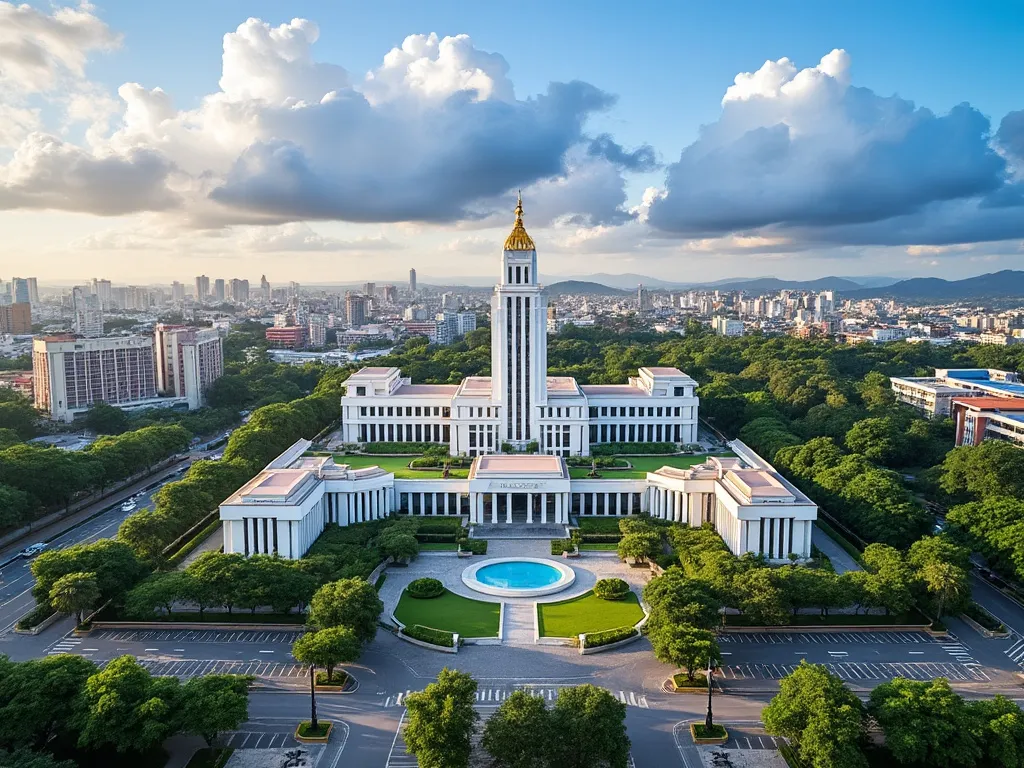 Ngerulmud
Ngerulmud
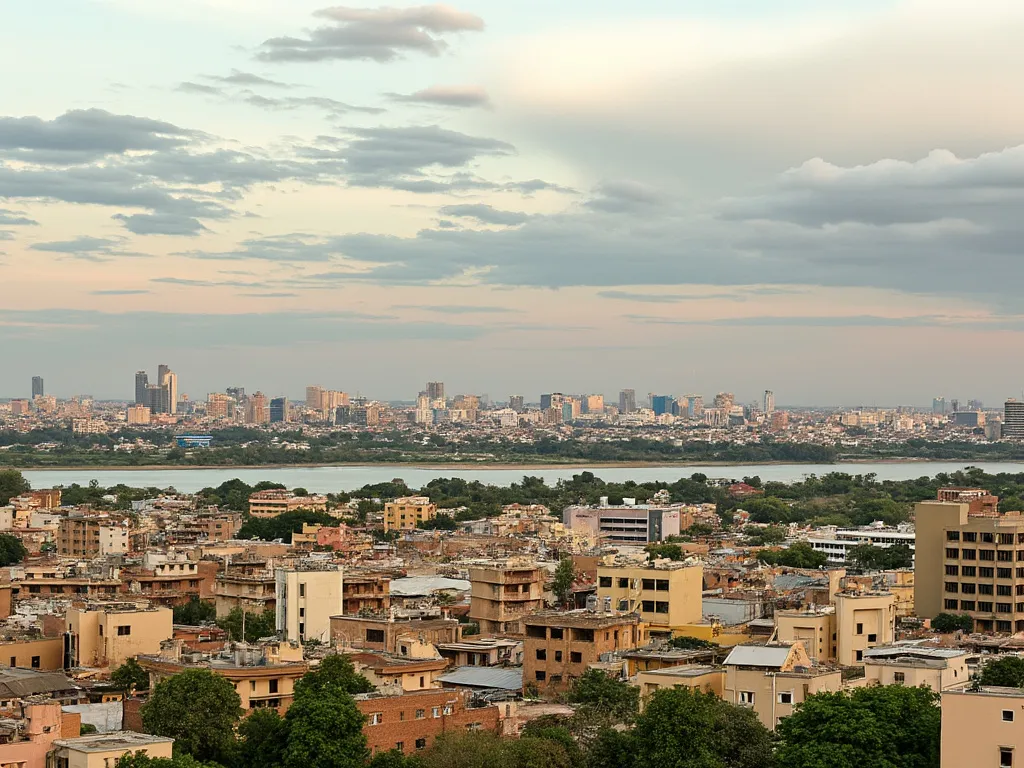 Niamey
Niamey
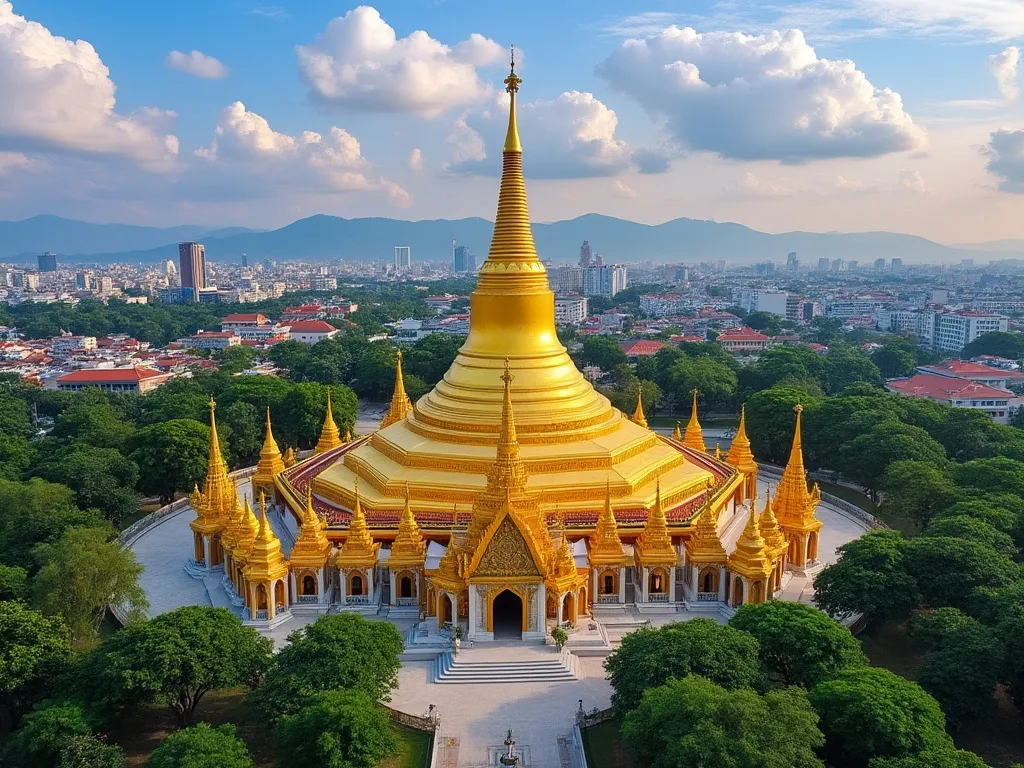 Naypyidaw
Naypyidaw
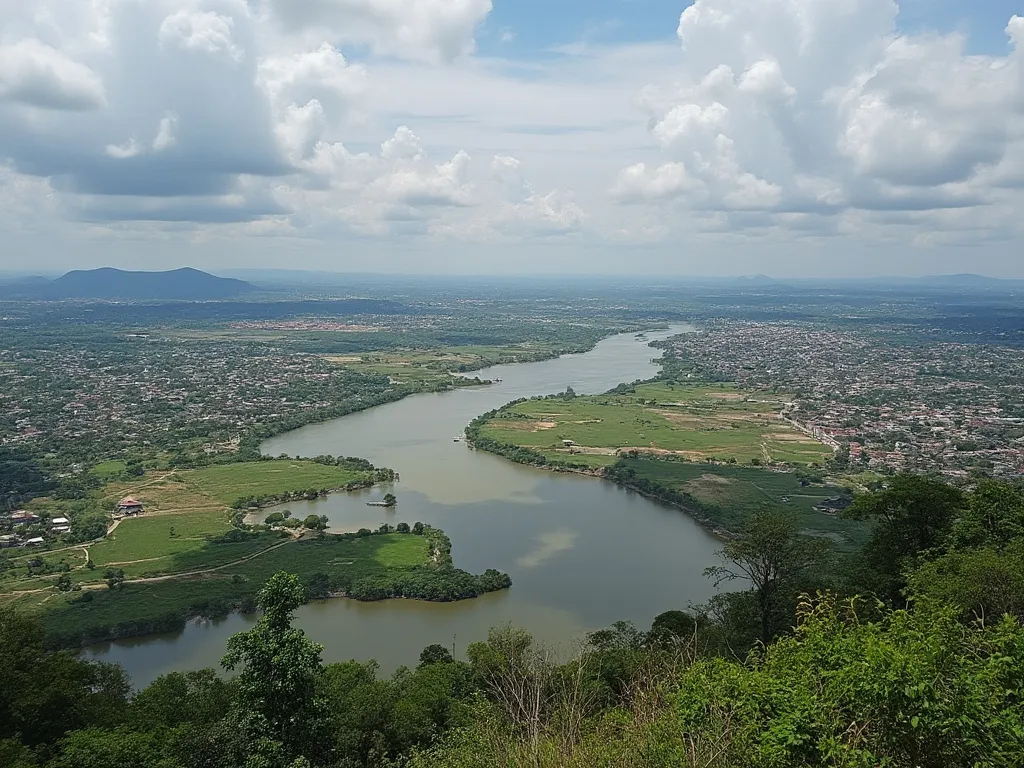 N'Djamena
N'Djamena